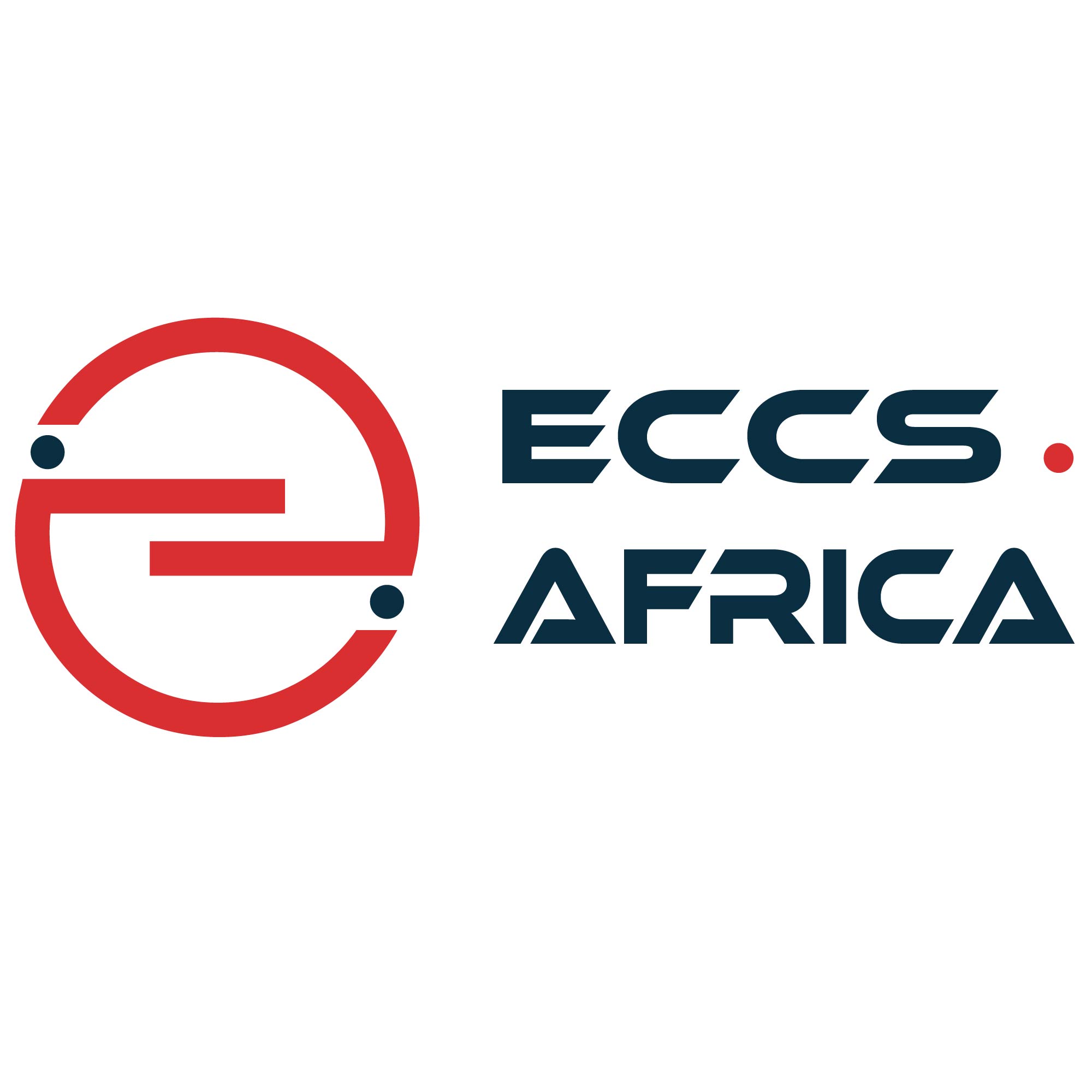Red Hat OpenShift Development I: Introduction to Containers with Podman
Course description
A developer introduction to building and managing containers with Podman for deploying applications on Red Hat OpenShift Container Platform.
Red Hat OpenShift Development I: Introduction to Containers with Podman (DO188) introduces students to building, running, and managing containers with Podman and Red Hat OpenShift. This course helps students build the core skills for developing containerized applications through hands-on experience. These skills can be applied using all versions of OpenShift, including Red Hat OpenShift on AWS (ROSA), Azure Red Hat OpenShift, and OpenShift Container Platform.
This course is based on Red Hat® Enterprise Linux® 8, Podman 4.2 and Red Hat OpenShift® 4.12.
Following course completion, you will receive a 45-day extended access to hands-on labs for any course that includes a virtual environment.
Note: This course is offered as a four day virtual class or self-paced. Durations may vary based on the delivery. For full course details, scheduling, and pricing, select your location then “get started” on the right hand menu.
Course content summary
- Introduction to containers
- Run containers with Podman CLI and Podman Desktop
- Build custom container images
- Manage container images
- Remote debugging with containers
- Basic container networking
- Persist data with containers
- Run multi-container applications
- Troubleshoot Container Deployments
- Orchestrate containers with OpenShift and Kubernetes
Audience for this course
- Developers and Site Reliability Engineers that are new to container technology.
- System administrators and platform operators who are interested in managing OpenShift clusters and containerized applications should enroll in Red Hat OpenShift Administration I: Containers & Kubernetes (DO180).
Prerequisites for this course
- Take our free assessment to gauge whether this offering is the best fit for your skills.
- Some experience with web application architectures and their corresponding technologies.
- Experience in the use of a Linux terminal session, issuing operating system commands, and familiarity with shell scripting is recommended.
Technology considerations
- Requires internet connection.
Outline for this course
Introduction and overview of containers
Describe how containers facilitate application development.
Podman basics
Manage and run containers with Podman.
Container images
Navigate container registries to find and manage container images.
Custom container images
Build custom container images to containerize applications.
Persisting data
Run database containers with persistence.
Troubleshooting containers
Analyze container logs and configure a remote debugger.
Multi-container applications with compose
Run multi-container applications using Compose.
Container orchestration with Kubernetes and OpenShift
Orchestrate containerized applications with Kubernetes and OpenShift.
Impact on the organization
A container-based architecture improves application reliability, scalability, and facilitates continuous integration and continuous deployment. This course provides the foundation needed for OpenShift development and is the entrypoint to digital transformation through application containerization
Red Hat has created this course in a way intended to benefit our customers, but each company and infrastructure is unique, and actual results or benefits may vary.
Impact of this training
As a result of attending this course, you will understand the foundations of container-based application development. You will be able to run, manage, and troubleshoot containerized applications. This course is the starting point for the OpenShift developer curriculum and provides the foundation you will need to advance to cloud-native developer courses.
Recommended next exam or course
Red Hat OpenShift Development II: Containerizing Applications (DO288)
Introduction to Red Hat OpenShift Service on AWS (DO120)
Introduction to Microsoft Azure Red Hat OpenShift (DO121)

